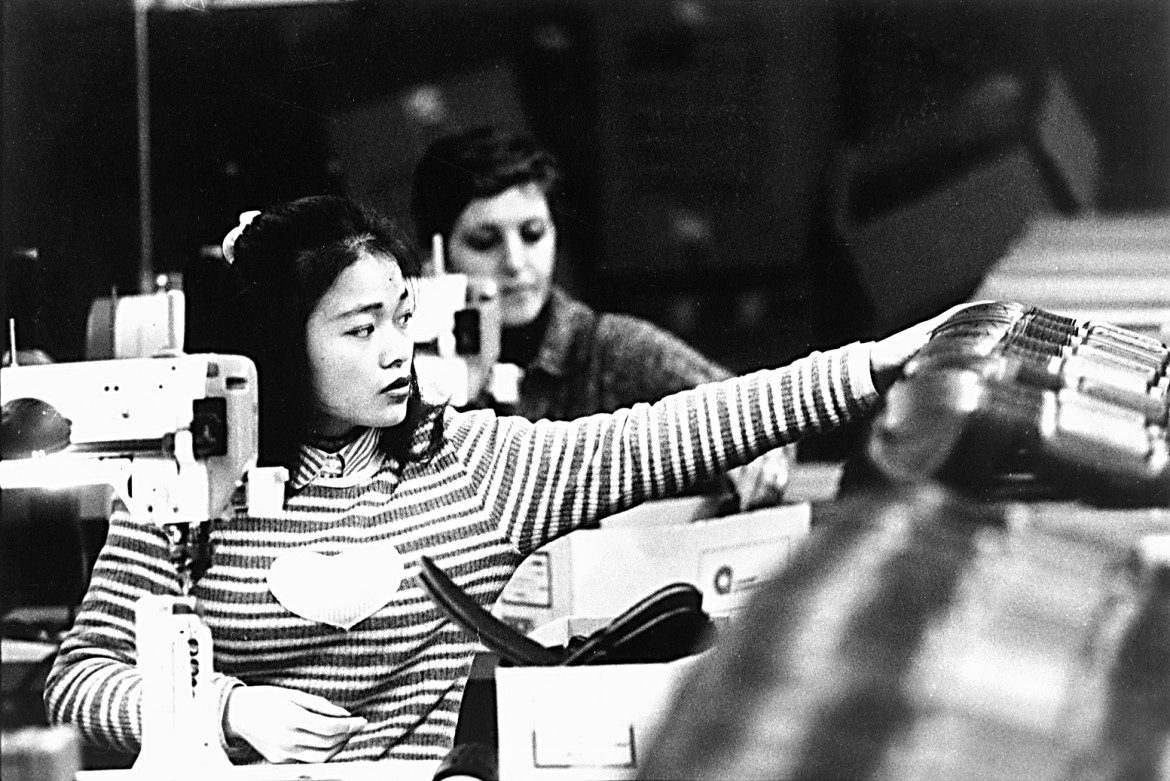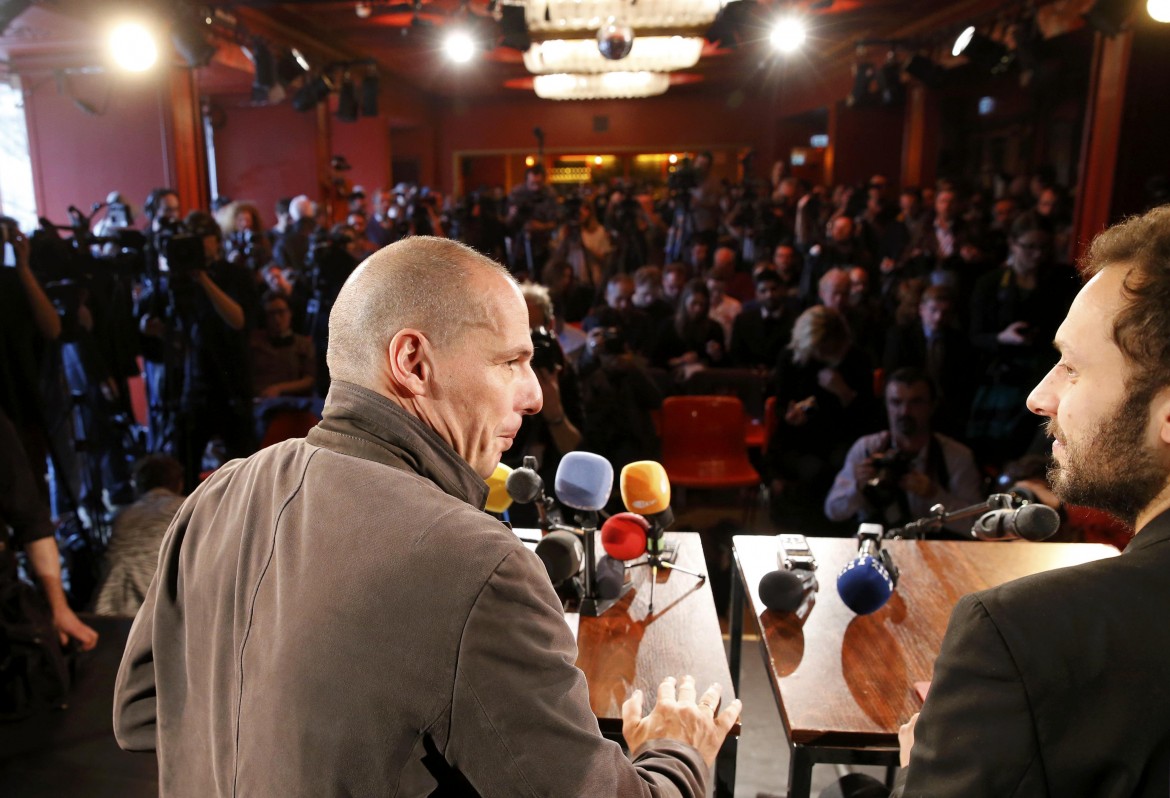In September, 18 labor rights organizations launched the “Change Your Shoes” campaign (Cambia le Scarpe in Italian) to highlight the world behind the footwear we put on every morning. They want to show the lack of transparency surrounding a globalized industry that affects all of us. But the campaign has gone — it must be said — a step further, with research that goes to the roots of shoes manufacturing: in Italy.
“A Hard Story of Leather” is the inquiry, made public today, by the New Model Development Center and the Clean Clothes Campaign (readers may know it both for the Change Your Shoes campaign and for its long battle for the victims of the Rana Plaza collapse in Dhaka). The research analyzes the activity of leather tanning and discovers an underworld of insecurity, of four-hour contracts, under-the-table work, blackmail of foreign laborers, and safety and health risks amid a climate where working men and women are afraid to talk because they fear losing their jobs.
And they’re not talking about Bangladesh. No, it’s just around the corner, in the Santa Croce district of Tuscany, between Pisa and Florence, which together with Arzignano, in Veneto, and Solofra, in Campania, are responsible for 88.6 percent of Italian leather production.
The Italian tanning industry is dominated by small businesses (but many of them have been internationalized, from Serbia to Vietnam) in search of cheap leather to sell on the world market. It’s a complex market — closely related to that of beef — in which Italy is well-positioned: The largest exporters of semi-finished leathers are Brazil, the United States and the European Union.
“The E.U. imports almost twice as much as it exports,” according to the report. “The biggest player is Italy, with 76 percent of European imports, which imports mainly from Brazil and the U.S. The Santa Croce district — 240 tanneries supported by over 500 subcontractors — contributes 70 percent of all the leather for shoe soles produced in Europe and 98 percent of those produced in Italy.”
Only in rare cases do the tanneries belong to large international companies. Usually they are small firms, often family-run. The district employs 12,700 people, including workers employed by companies (72 percent of the total) and those employed through temporary employment agencies (28 percent). The latter is often the most problematic. “It’s in the subcontractor workshops where temporary work is concentrated, and where there are frequent cases of labor exploitation,” the report finds.
In 2012, there were 1,733 temporary workers in the Santa Croce district, but two years later the number doubled: 3,451. So there is more work, but the jobs are increasingly precarious. In 2014, 4,650 new employees found jobs, but only 1,199 were employed by the manufacturers. The temporary employment contracts vary, but some are as short as four hours: “A worker is hired at 8, and at noon he finds himself already out of work.”
Laws have helped businesses, but infractions are common. In Santa Croce, it is “quite normal to work more than the allowed working overtime, making extensive use of hiring and paying under the table. From Jan. 1, 2011, to Dec. 31, 2014, 185 companies were inspected in the district (tanneries and subcontractors) for a total of 1,024 workers. Of these, 70 percent were Italian and 30 percent were immigrants. They found irregularities involving 217 workers, including 116 totally illegal. Forty-three percent of illegal workers were immigrants.”
Yet again, the highest price is paid by foreigners. They filled more than half of the temporary contracts in 2014 (and in the past decade foreign residents in the municipalities of the district have tripled from 5,060 to 14,248). The crisis has further weakened their position.
There are those who rebel, like Amadou, from Senegal, who refuses to “do things that Italians do not do.” But Mario, an Italian temp worker, admits that “the Senegalese are mostly hired where the work health conditions are not optimal: in wet and noisy locations, in strenuous conditions.”
–> Originally published in Italian at il manifesto on Dec. 16, 2015






